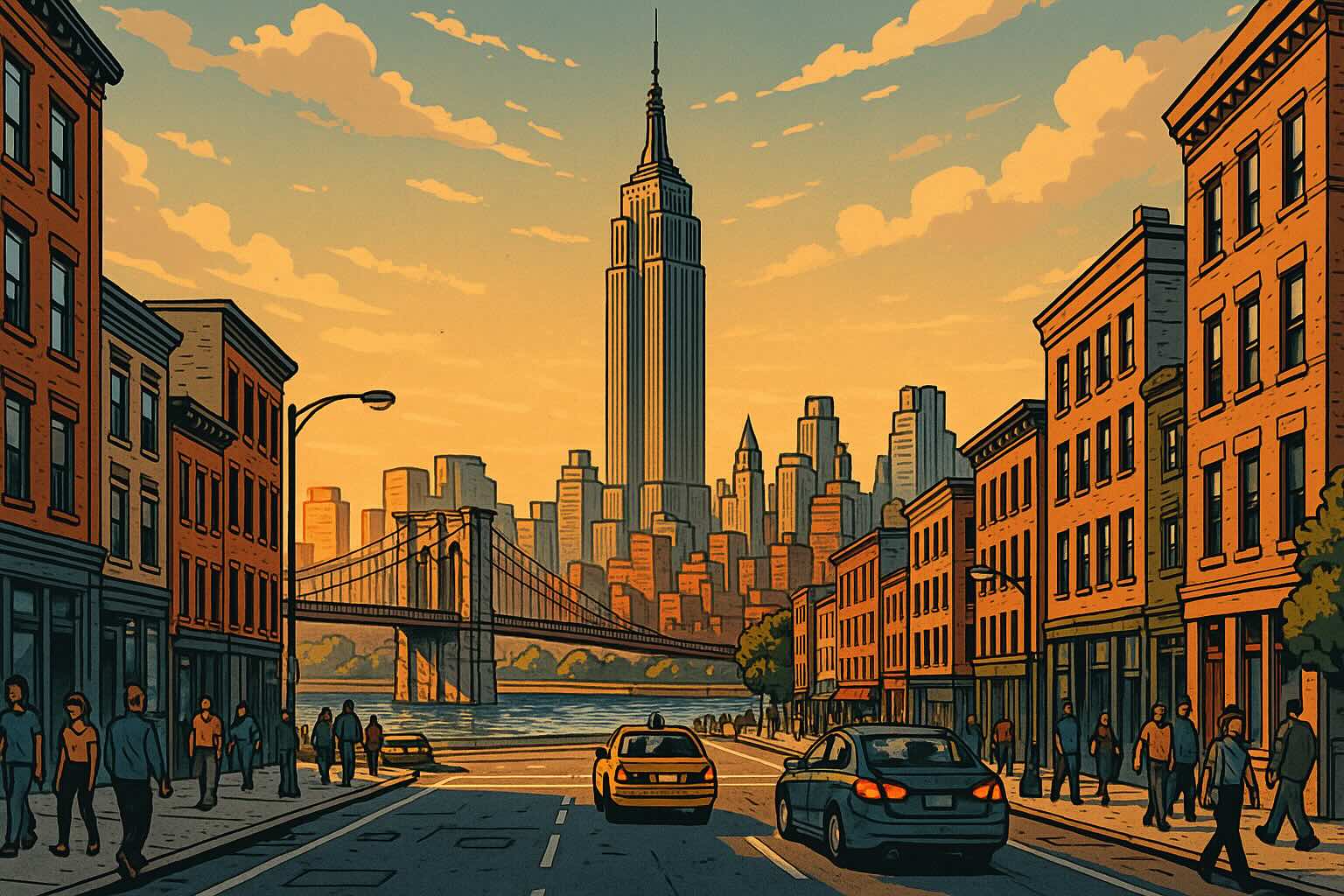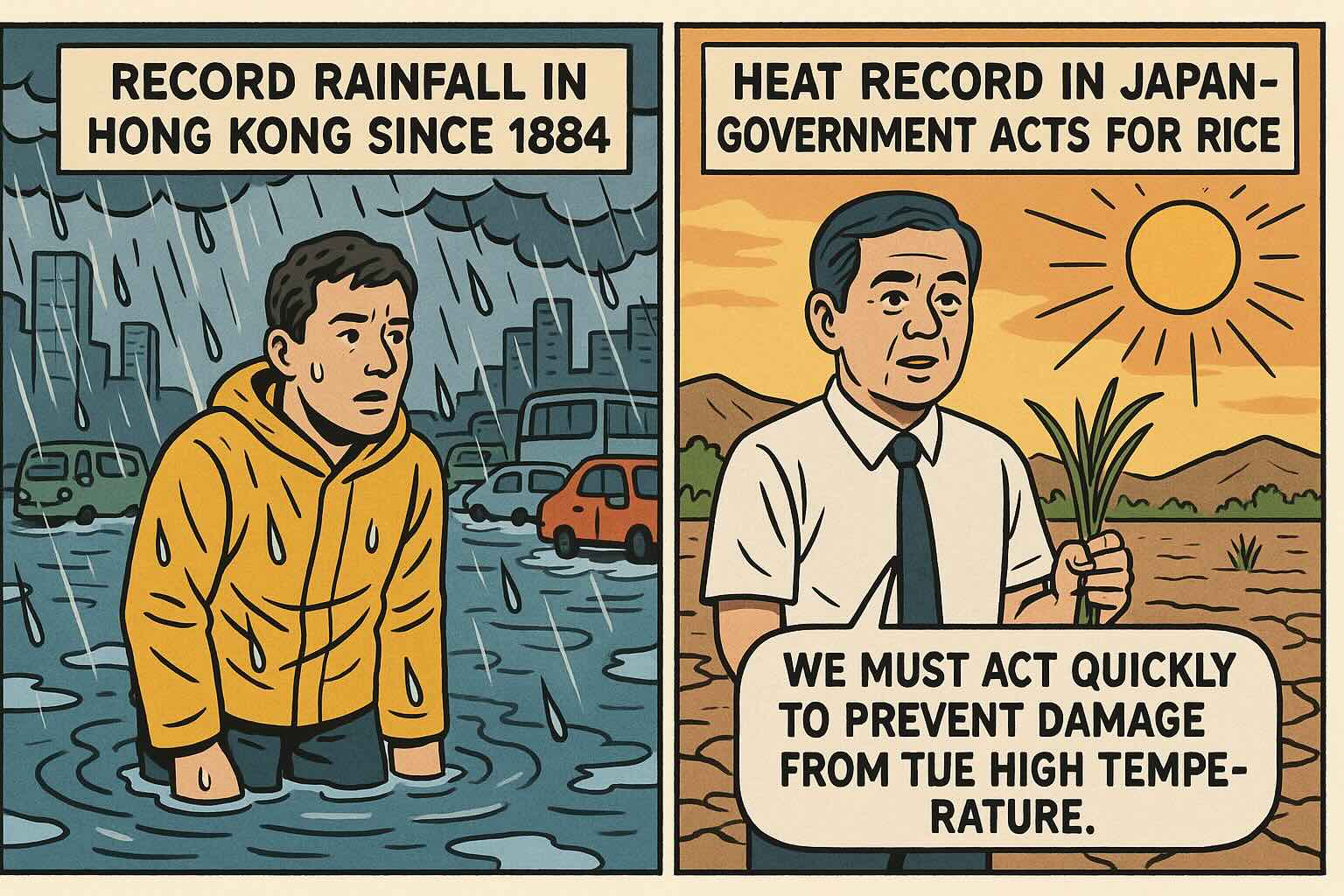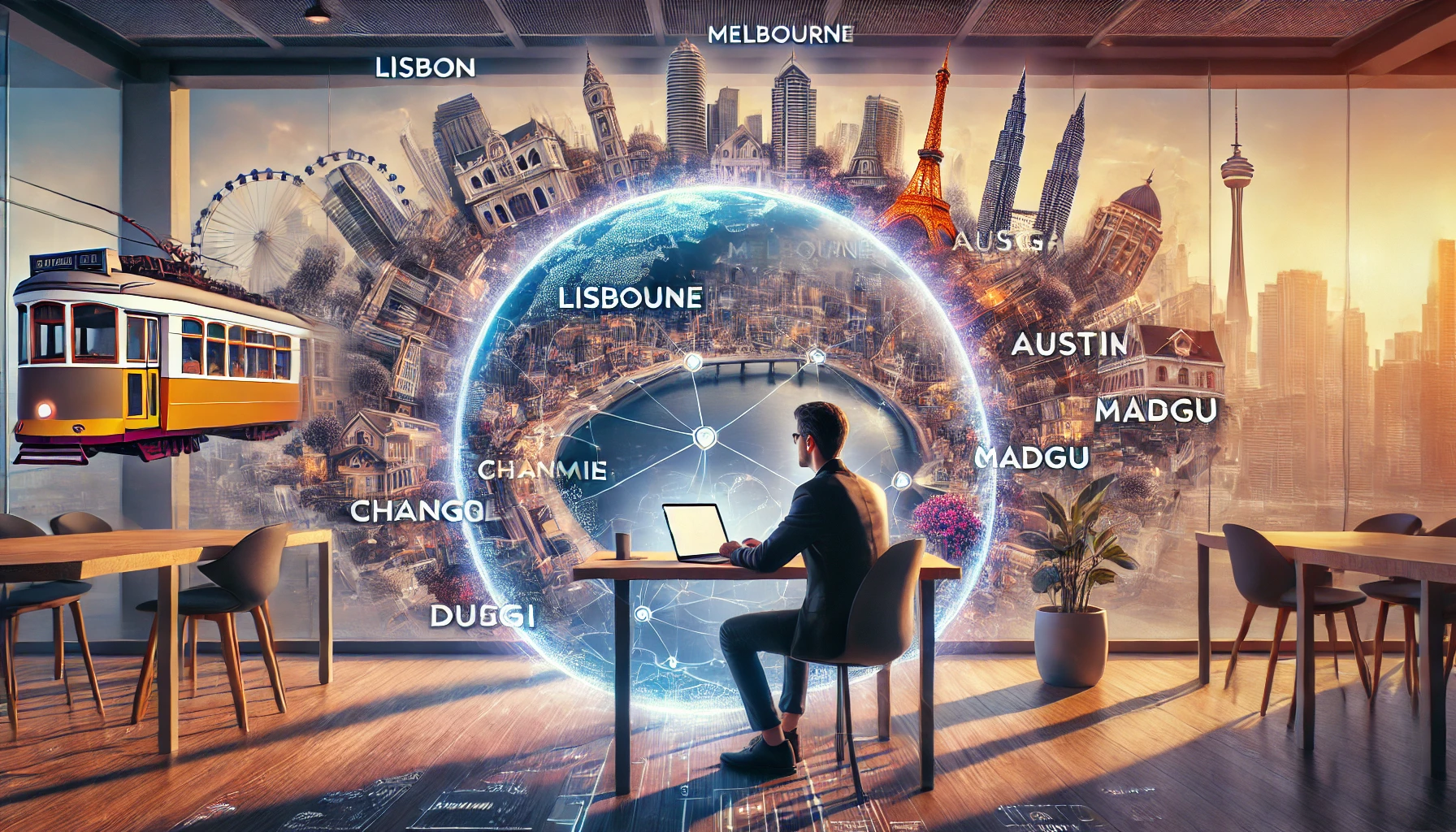
New York City, known as “the city that never sleeps,” is a global icon of ambition, culture, and diversity. With its towering skyline, world class museums, and unmatched energy, it continues to attract millions of visitors and new residents each year. However, recent headlines have stirred questions about safety in the Big Apple. A rise in certain types of crime, public disorder, and mental health related incidents on public transport has led to concerns about whether NYC remains as secure as it once was. This article explores how safe New York really is today, what has changed, and what residents and visitors should know to stay safe in 2025.
Despite some challenges, New York remains safe in many important ways:
Low Risk for Tourists in Key Areas:
Major tourist zones like Midtown, Central Park, the Financial District, and Brooklyn’s Dumbo are generally safe, especially during the day. These areas are well-patrolled and monitored.
Strong Police Presence:
The NYPD is one of the most visible and well resourced police forces in the world. Officers are present throughout the city, particularly in high traffic and high risk zones.
Improved Public Transport Safety Measures:
After rising concerns during the pandemic years, the MTA has implemented new safety campaigns, increased surveillance, and added more staff to stations and trains.
24/7 City Infrastructure:
New York’s constant activity means many areas are rarely deserted. This around the clock rhythm contributes to a sense of security in well-populated neighbourhoods.
Community Initiatives:
In several boroughs, community groups and local organisations have launched safety, cleanup, and youth outreach programmes that contribute to more peaceful streets.
Still, it would be inaccurate to claim the city is without safety concerns:
Rise in Certain Violent Crimes:
While overall crime remains far below the levels seen in the 1980s and 1990s, recent data shows increases in assaults and robberies, particularly in outer boroughs and late night incidents.
Subway-Related Incidents:
Though statistically rare, high profile subway crimes including pushings, assaults, and erratic behaviour have shaken public confidence. Mental health crises play a key role in many cases.
Theft and Scams:
Pickpocketing, credit card skimming, and phone snatching have increased in busy areas like Times Square and Soho. Tourists are often targeted due to distraction or unfamiliarity.
Gun Violence in Certain Areas:
While much lower than in many other US cities, some neighbourhoods in the Bronx and Brooklyn still report shootings tied to gang activity or disputes.
Most of New York City is safe to explore, but a few areas are known for higher risks, especially at night or during local spikes in crime.
Brownsville (Brooklyn):
Why to Avoid: Historically associated with gang activity and gun violence. Efforts are being made to improve conditions, but caution is still advised.
South Bronx:
Why to Avoid: Some parts of the Bronx, especially in the southern sections, continue to struggle with poverty related crime. Tourist activity is low, and the area can feel isolated at night.
East Harlem:
Why to Avoid: Known for higher levels of drug related crime and occasional violence. The area is changing, but still requires extra awareness from visitors unfamiliar with its dynamics.
Jamaica (Queens):
Why to Avoid: A busy transport hub with occasional reports of theft and transit-related crime. Not inherently dangerous, but requires caution especially during off peak hours.
To make the most of your time in NYC while staying secure, keep these tips in mind:
Use Busy, Well-Lit Streets: Stick to main avenues when walking at night, and avoid parks or alleyways after dark.
Be Subway Smart: Stand away from platform edges, don’t engage with aggressive individuals, and avoid empty train cars.
Secure Your Belongings: Use cross body bags, keep your phone out of reach, and avoid flashy jewellery in crowded areas.
Use Trusted Transport: Yellow cabs, Uber, and public transport are generally safe, but avoid unlicensed ride offers.
Stay Informed: Apps like Citizen, Notify NYC, and NYC311 can alert you to incidents in your area in real time.
Watch for Scams: Be cautious of overly friendly strangers, ticket sellers, or donation requests in tourist-heavy zones.
Cultural Diversity and Awareness:
New York is incredibly diverse. Being respectful of different communities and cultures not only enriches your experience, but also helps avoid misunderstandings.
Emergency Contacts:
In an emergency, dial 911. For non-emergencies, 311 connects you to city services. Most police officers and subway staff can assist in English.
New York City remains one of the world’s most exciting places to visit or live but, like any large metropolis, it has its risks. While certain neighbourhoods and scenarios require extra caution, the majority of NYC is vibrant, well protected, and welcoming. With some street smarts, a sense of awareness, and respect for the city’s rhythms, visitors and locals alike can navigate New York confidently and safely.
Author
Sammy Salmela is a contributor to BestCityIndex with expertise in urban development and global city trends.
Stay updated with our latest insights and city rankings.

Introduction:The aroma of aged wheels, bubbling fondue, and freshly baked bread for cheese lovers, Europe is a true paradise. Here are five cities where cheese...

Date: 5 August 2025Source: AFP, Reuters, Local Weather AuthoritiesReading Time: 3 minutesIntroductionIn just one week, Asia has faced two stark climate...

Moving to Europe: Pros and Cons by Country for Work, Retirement, Education & Lifestyle Part 1.Moving from the United States to Europe is an exciting...
